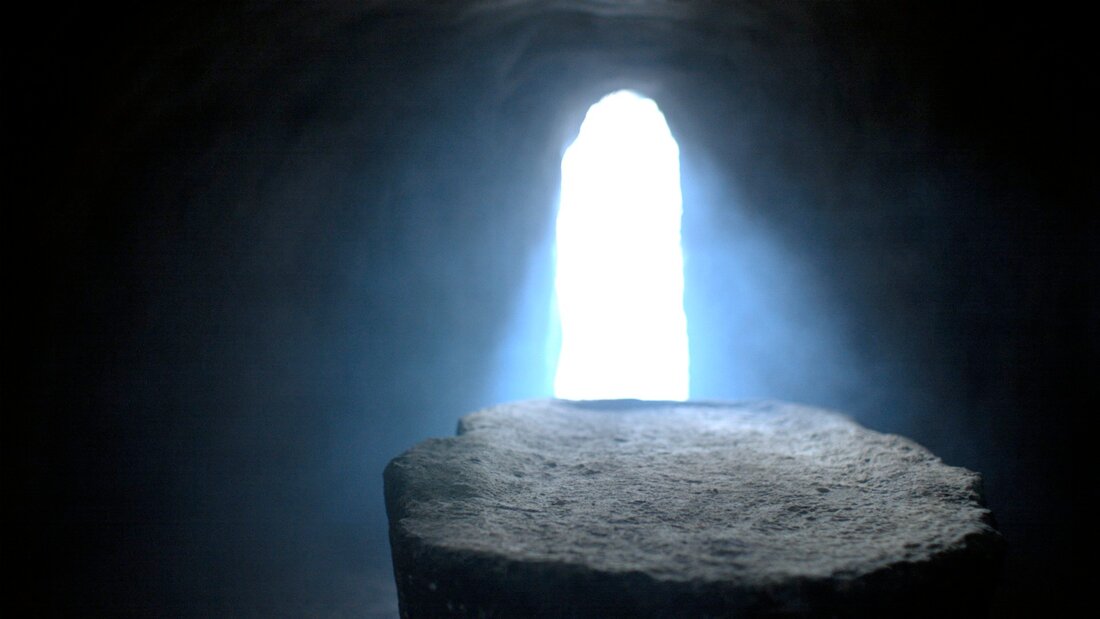The interplay between King David and his greater Son in this passage is immensely intriguing. We learn much about the perceptions of David as an inspired prophet. We trace the exquisite origins of the God-Man, Jesus Christ. We move through the phases of our Redeemer’s obedient assignment from his Incarnation and then the consequent stages of his ordained life and ministry in fulfillment of the saving purpose of God: Accreditation through miracles, wonders and signs (v22). The agony of death on behalf of sinners (v23). The resurrection (v24). Exaltation to the right hand of God (v33a). The donation of the Holy Spirit (v33b).
This great train of sacred events constitutes the composite accomplishment of human salvation. The entire experience of Jesus, his every effort, and every event through which he passed is essential to our rescue from rebellion in sin and our restoration to the favor of God. He is chosen as our Deliverer, he identifies with those he came to redeem, he dies in their stead to procure their ransom from sin and reconciliation to the Father, he rises again to confirm the success of his venture that salvages us from the doom of our wickedness, he ascends to the right hand of God as our tireless Advocate to ensure our eternal welfare through his priestly intercession, and he reigns over all things from the heavenly throne. David was a faint earthly shadow of his cosmic sovereignty.
The words of the apostle Peter are a veritable wonder. He encapsulates so much sublime truth in this concise summary of his Pentecostal sermon. It all happens within the continuity of the single covenant of grace (which is administered under two dispensations i.e. expectation and fulfillment).
Peter is addressing Israel. The Lord Jesus is the sum of Israel’s hope. Culpably, the religious leaders of the Hebrew nation failed to accept the evidence of the Messiahship of Jesus of Nazareth. They incited hostility toward the Lord and engineered his execution. Evil men outrageously killed the Man. It was a horrid, abhorrent, and unjust act. At the same time it was divinely ordained. God willed it. The perpetrators were guilty. Divine and human intent were ingeniously entwined in the plan of salvation which required the death of the Savior. Both God and man placed Jesus upon the cross; one in love, the other in malice.
The most necessary act of atonement was performed. Victory over evil and death was consummated in the Messiah’s rising again. David, his predecessor of the former covenant shares his prophetic insight into the resurrection and exaltation of his Greater Son (vv. 25-28, 34-35). Ah! The precious unity of the Testaments in their essential meaning and message. In the glorious dual aftermath of the cross, the rising and elevation of Jesus (vv. 32-33), God fully accredits his Son. Jews and Gentiles are to be assured of this and trust, adore, and obey Jesus the crucified One as “both Lord and Christ”.
RJS


 RSS Feed
RSS Feed
